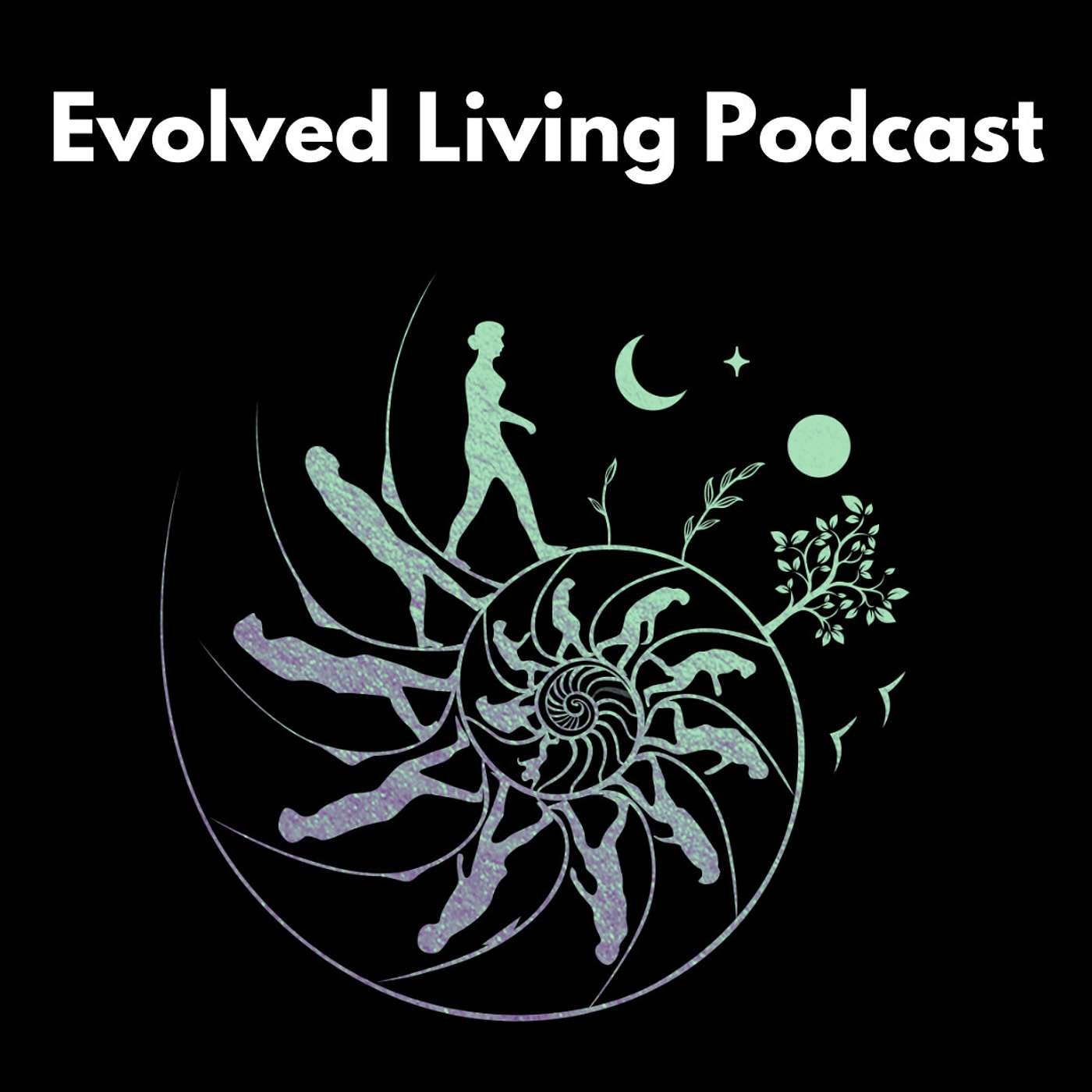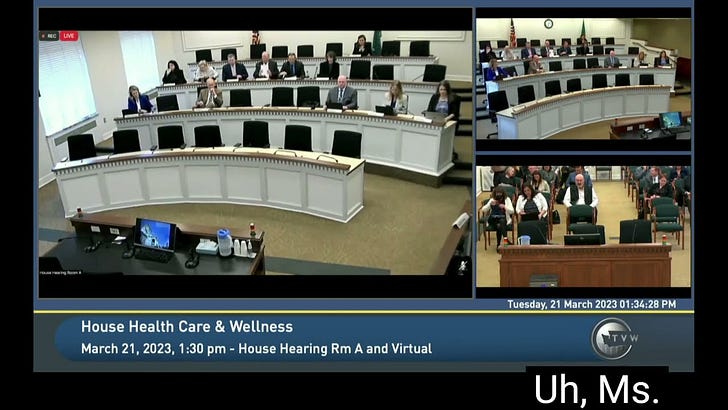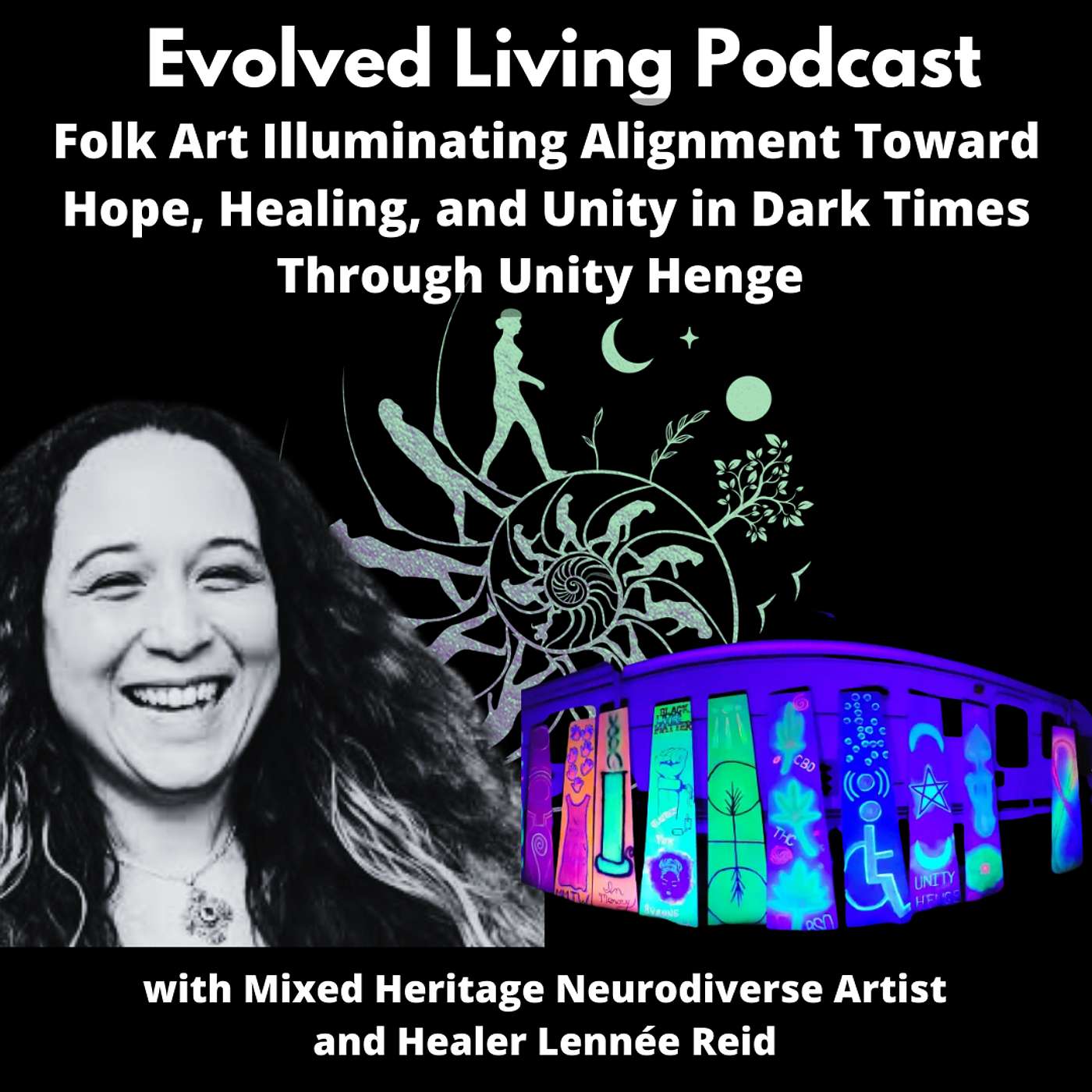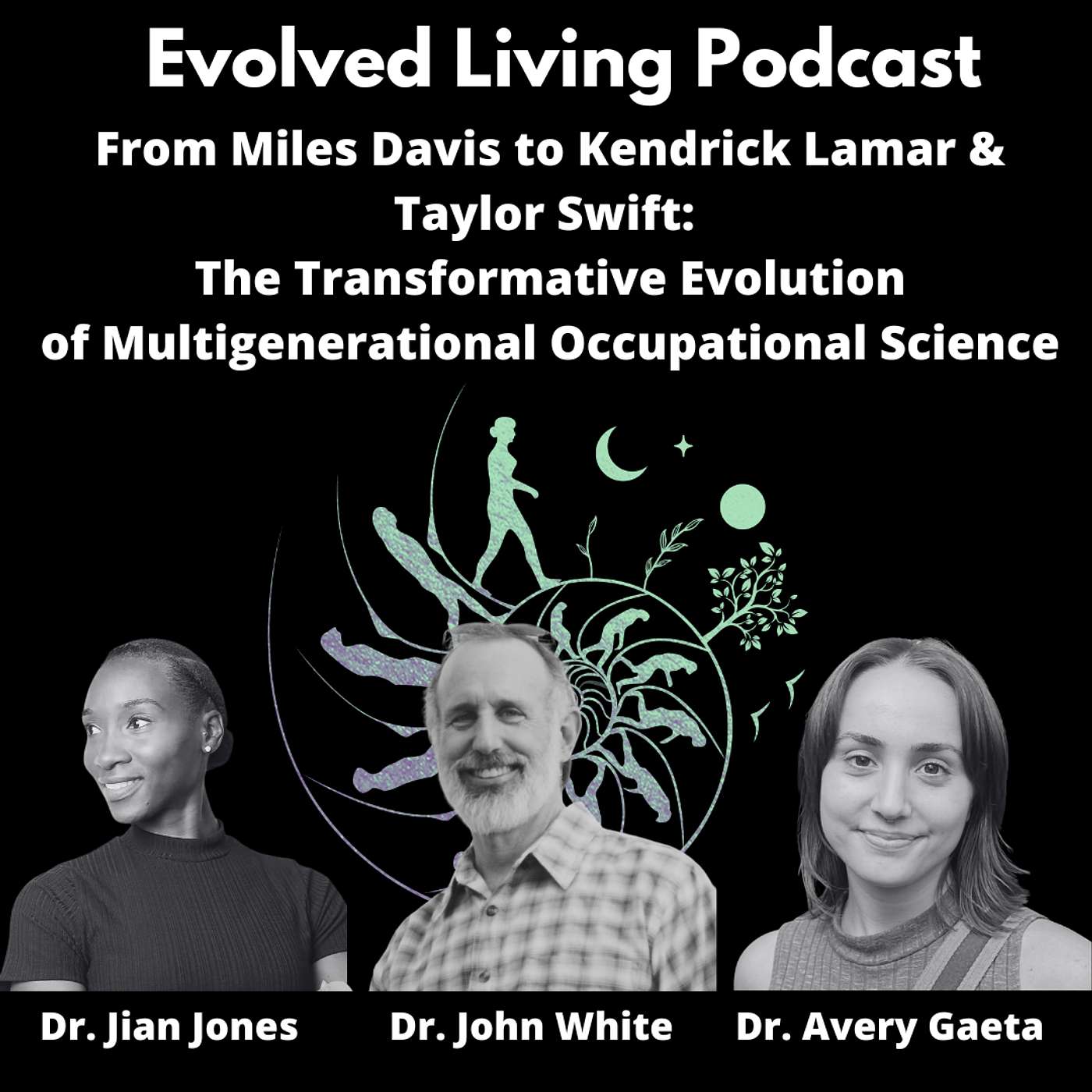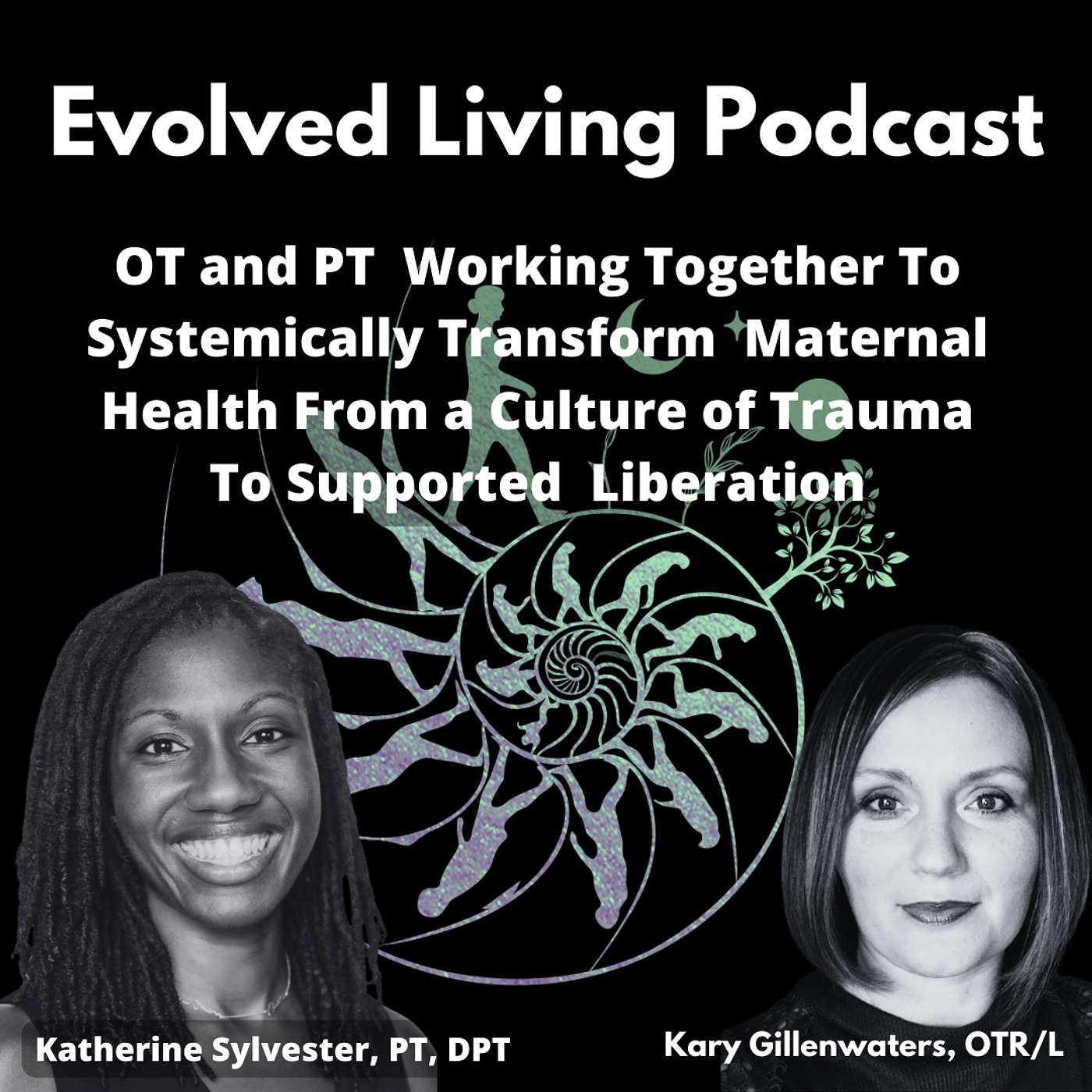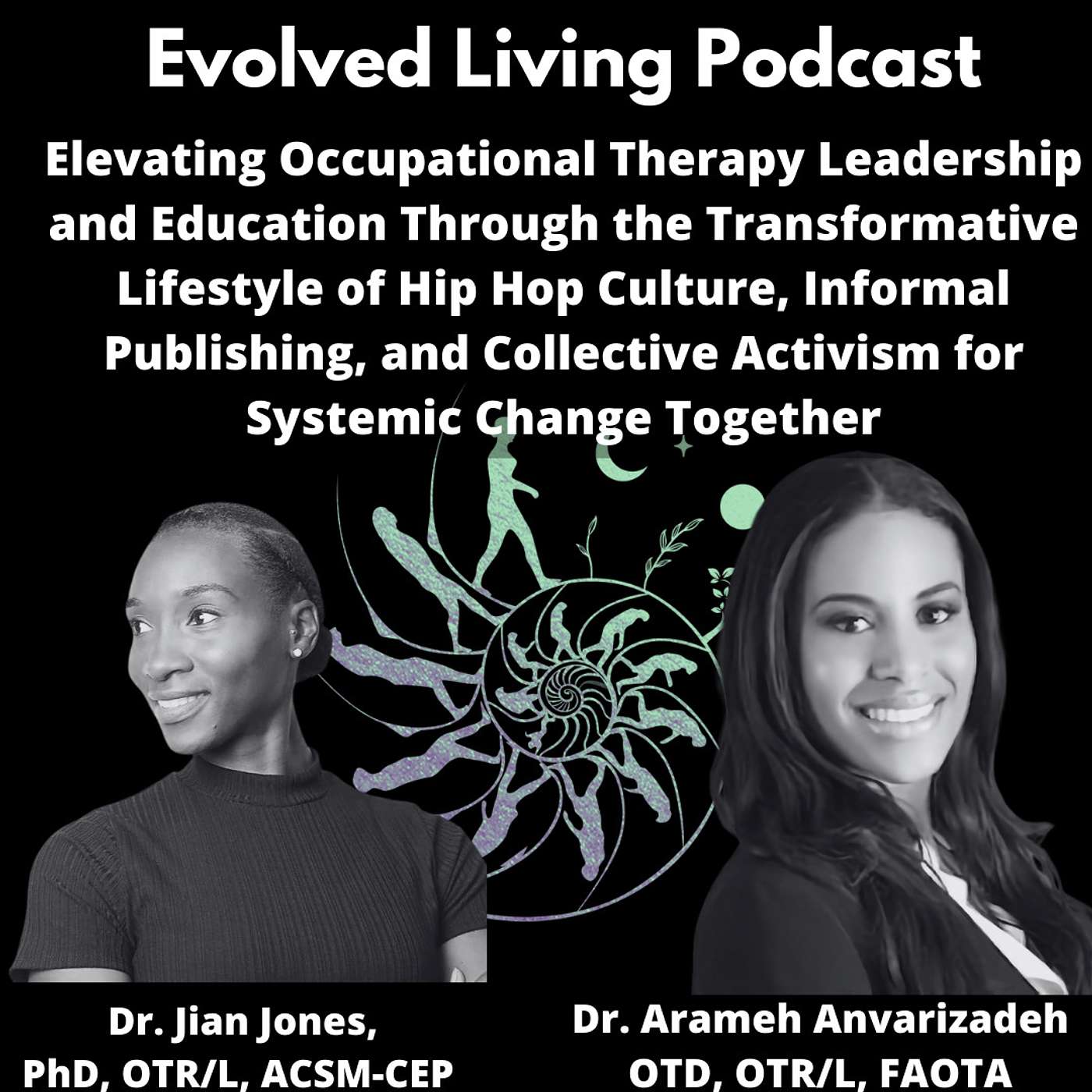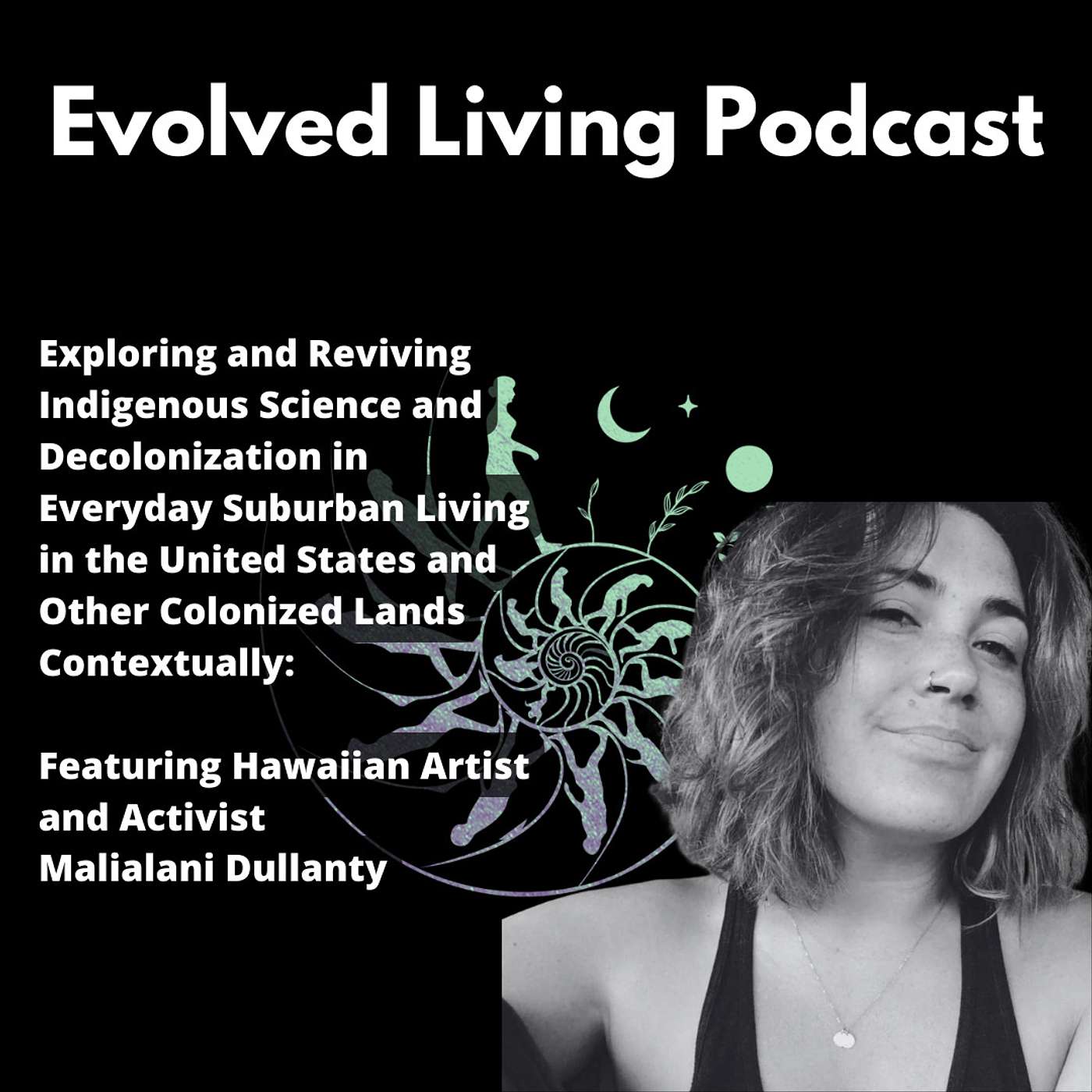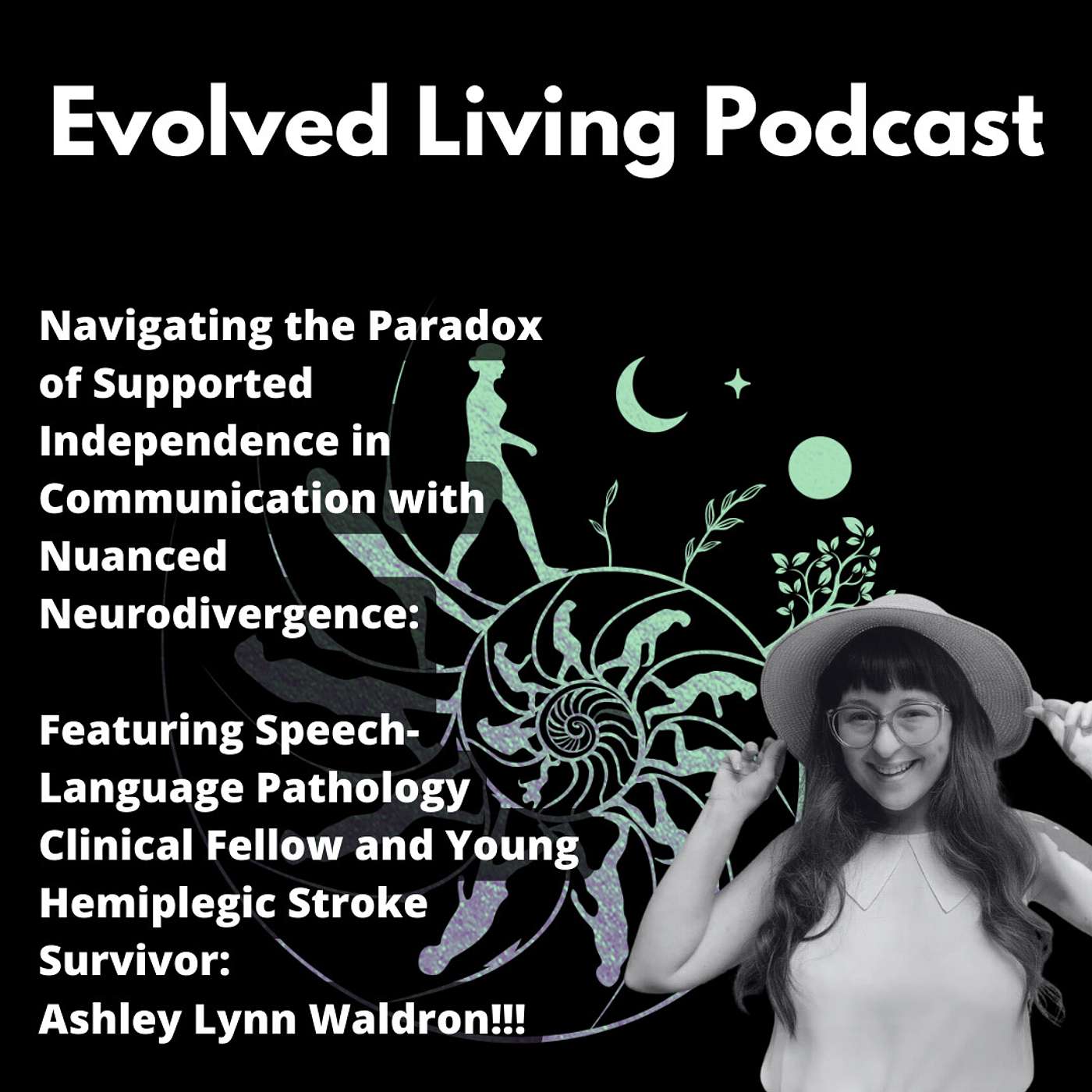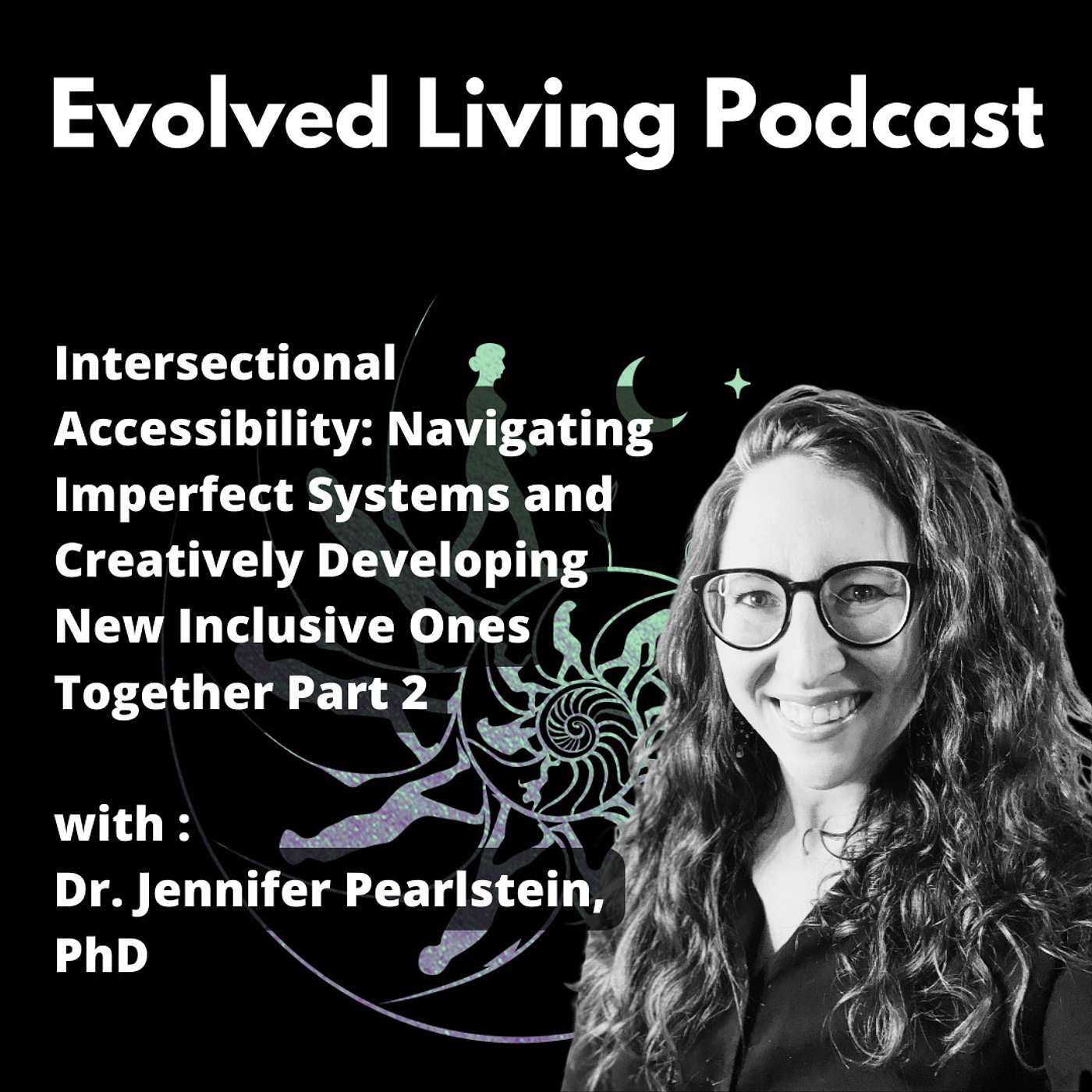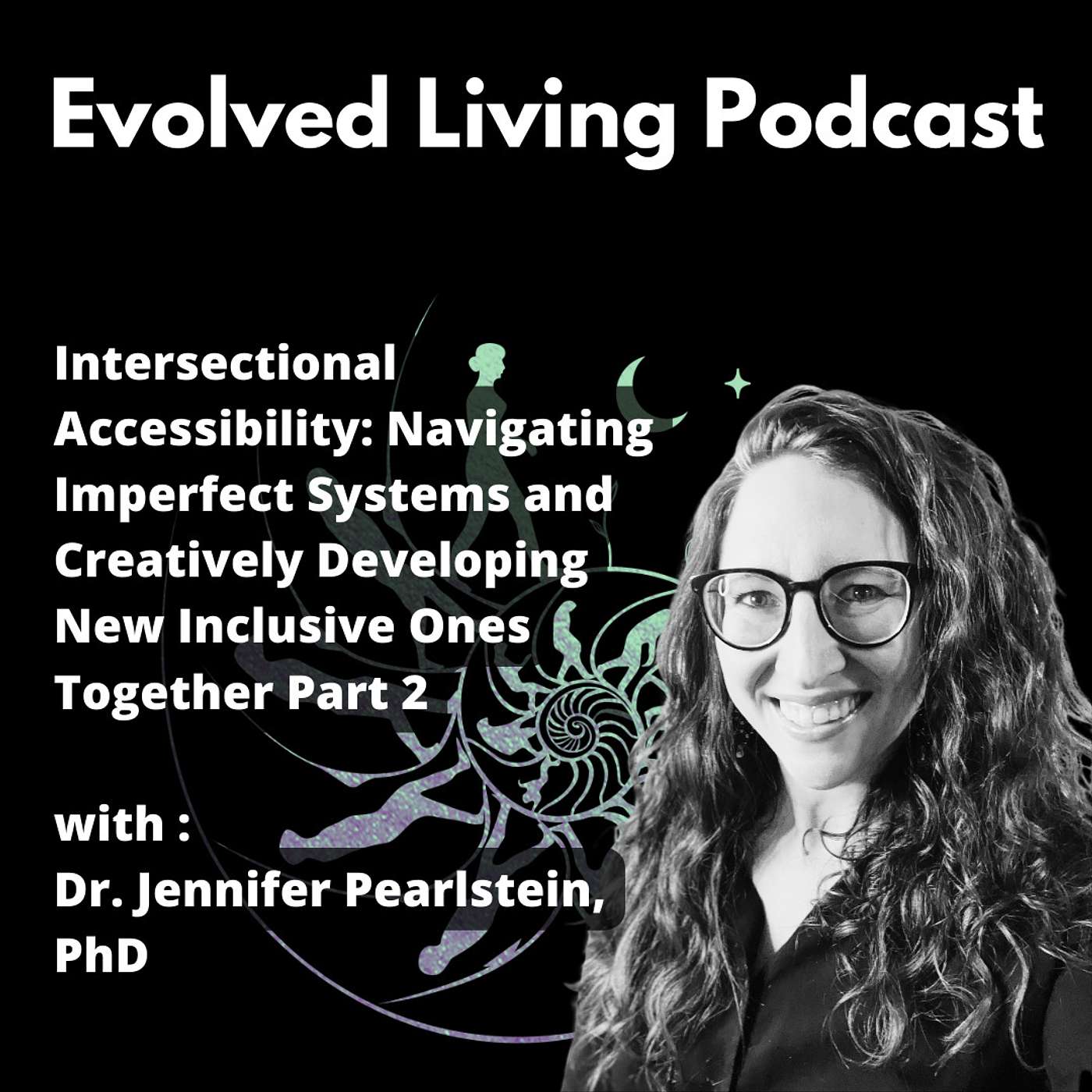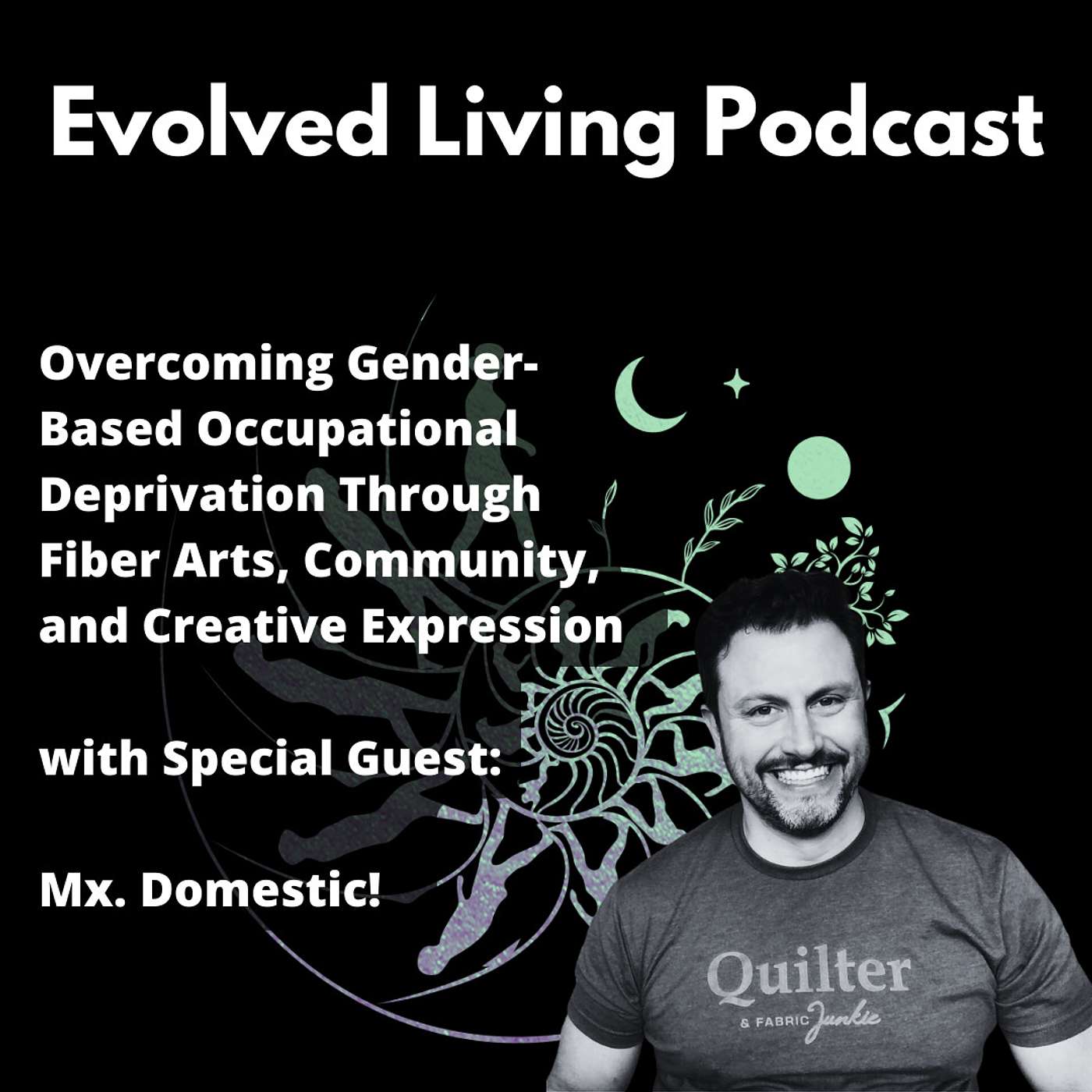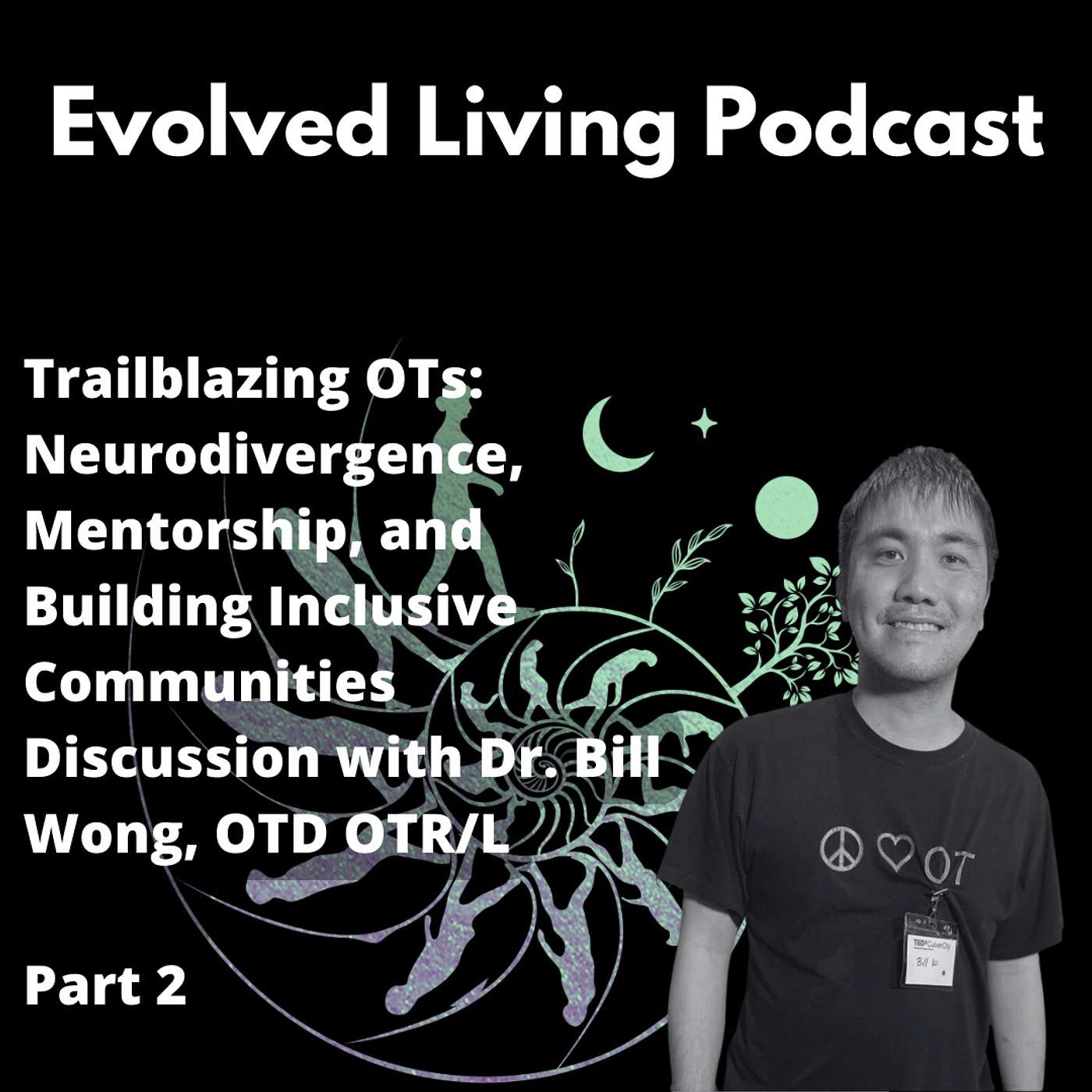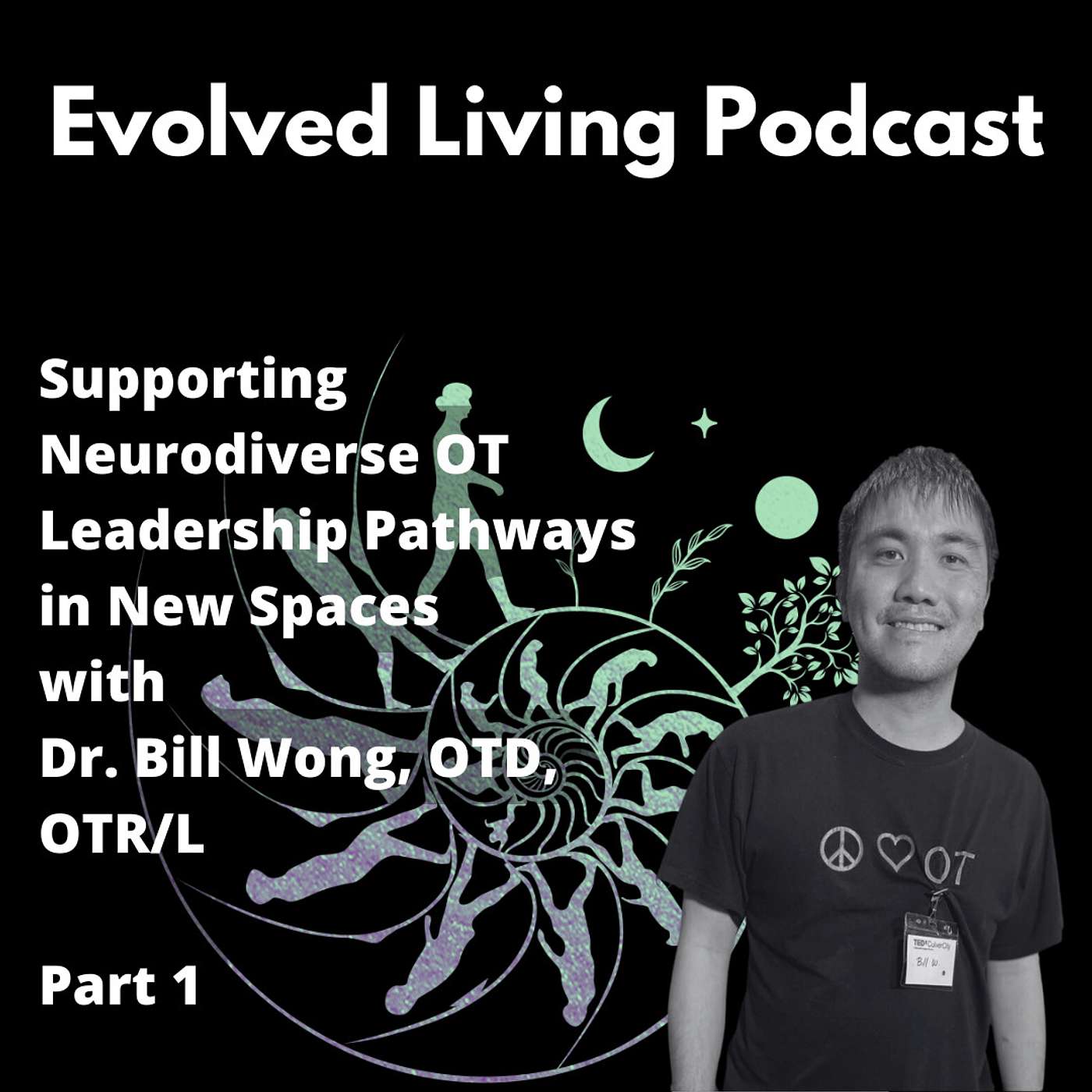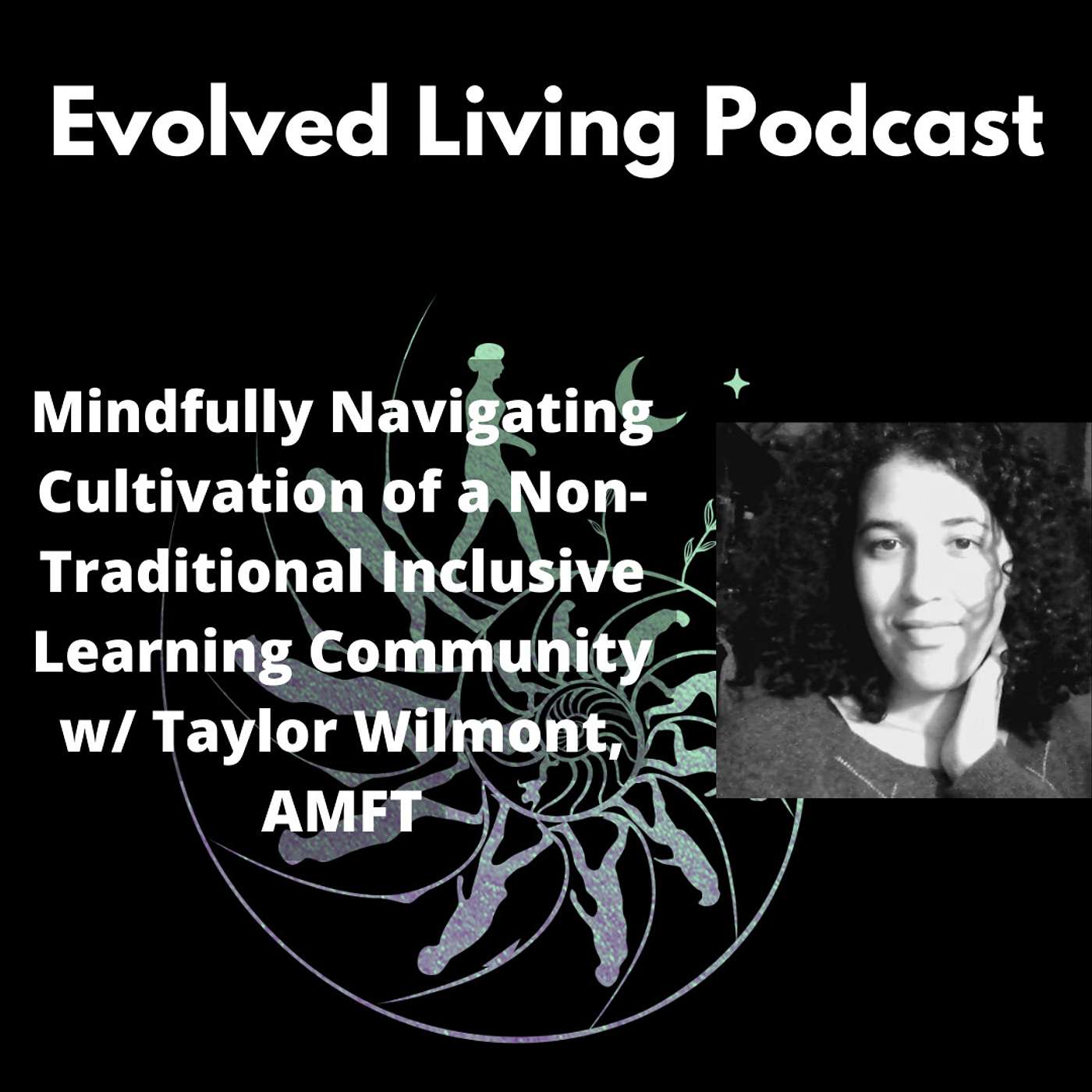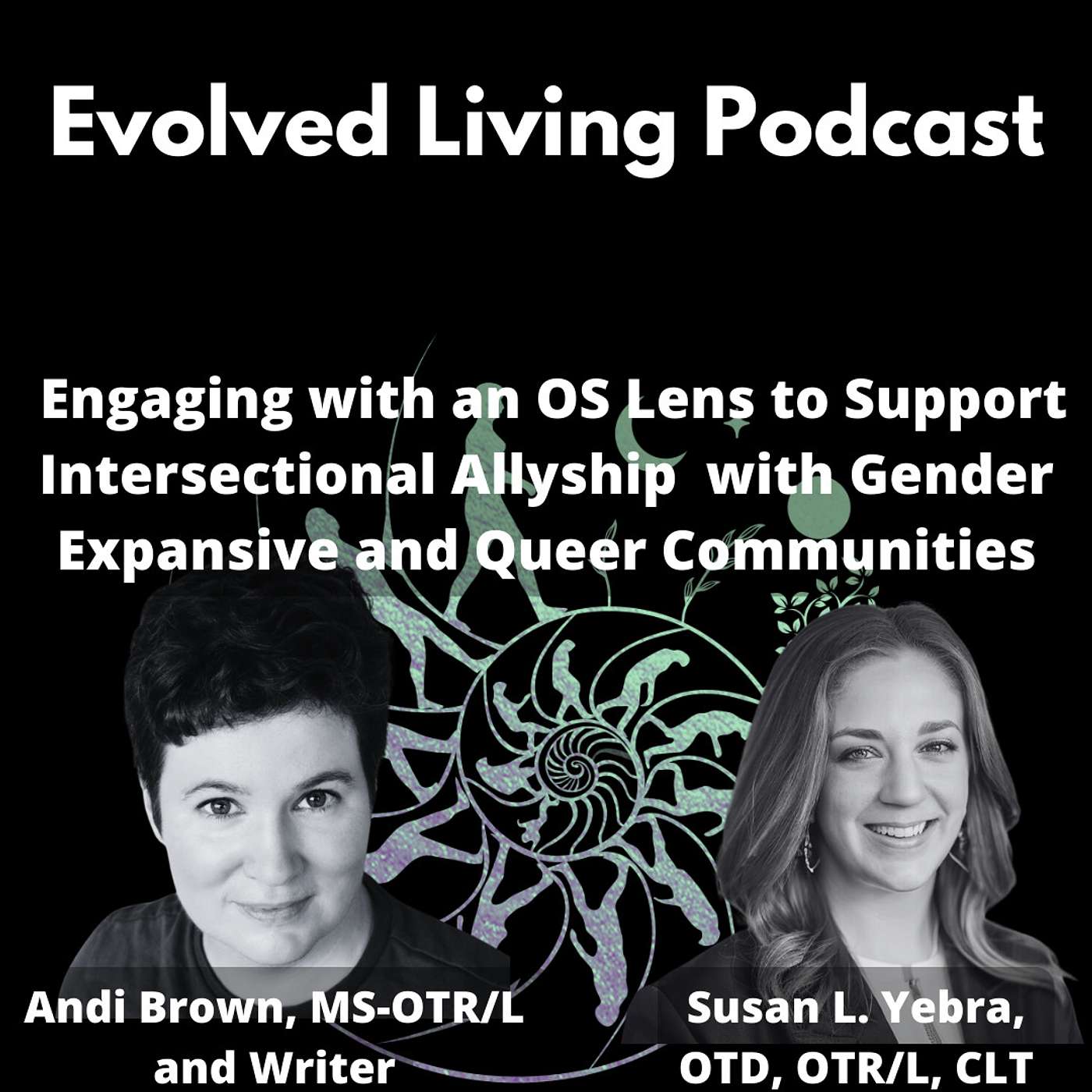🌿 The Power of Cross-Cultural & Intergenerational Engagement with Occupational Science
Description
Listen to the full episode → 🎧 Multigenerational Panel on Delayed Exposure to Occupational Science and Its Impact on OT Practice
🌎 Reclaiming Our Collective Voice
When I think about the roots of occupational therapy and occupational science, I often imagine our profession as having lived under a kind of conservatorship — not unlike the cultural story of Britney Spears.
For much of our history, OT in the United States was positioned under the American Medical Association, functioning almost like a dependent discipline. We began as “technicians” and “aides” before evolving into a profession with associate, bachelor’s, master’s, and now doctoral degrees.
While this growth advanced professional credibility, it also created hierarchies and access barriers that have distanced many from the relational, creative, and community-driven roots of our work.
That is why cross-cultural and intergenerational engagement with occupational science is so vital — it reconnects us to the shared experiment that science was always meant to be: interdisciplinary, context-sensitive, and liberatory.
🪶 Why Occupational Science Needs Many Voices
Occupational science, in its truest expression, was designed to be:
“An infinitely flexible and transparent experiment for discovering the meaning of doing, being, becoming, and belonging across contexts.”
Globally, the field has diversified through multiple lenses:
* Australia & New Zealand → Scholars such as Anne Wilcock, Gail Whiteford, and Claire Hocking have emphasized occupation as a determinant of health, linking individual activity to public-health systems and policy.
* North America (University of Southern California) → The lineage of Elizabeth Yerxa, Mary Reilly, and later Gary Kielhofner rooted occupational science in clinical practice, volition, and systems of meaning.
* Canada & Europe → Emerging work now centers occupational justice, sanctioned occupations, and community transformation.
Each regional thread offers a unique epistemology — a way of producing and translating knowledge about what it means to live a meaningful life through occupation.
🧵 The Panel: Four Generations, Shared Purpose
This Evolved Living Podcast episode brings together four occupational therapists from different generations — spanning Baby Boomer to Gen Z — to explore how exposure to occupational science transformed their thinking and practice.
🎙 Panelists
* Dr. Susan Burwash (Baby Boomer) – LinkedIn | Portfolio | @subu_ot
* Dissertation: Doing Occupation: A Narrative Inquiry into Occupational Therapists’ Stories of Occupation-Based Practice
* Dr. Karen Dwire (Generation X) – LinkedIn
* Capstone: Pets Alleviating Loneliness in Seniors (PALS) – An adjunct OT program addressing isolation in older adults.
* Dr. Josie Jarvis (Millennial) – Host of the Evolved Living Podcast and founder of the Evolved Living Collective.
* Anna Braunizer, Reg. OT (BC) (Gen Z / late Millennial) – LinkedIn
* Referenced article: Silences around Occupations Framed as Unhealthy, Illegal, and Deviant (Kiepek et al., 2018, Journal of Occupational Science).
🌍 What We Learned
Across generations and borders — U.S. and Canada — similar patterns emerged:
* Home Health & Community Mental Health share more overlap than we think.Dr. Karen Dwire’s U.S. home-health practice mirrors Anna Braunizer’s work in Canada’s community-mental-health model.
* Occupational Science Vocabulary gives us a shared lens for inter-professional collaboration.
* Exposure to Global OS Frameworks empowers clinicians to separate professional identity from restrictive payer systems.
“OT exists in an incredibly vulnerable position if we do not allow ourselves to build an identity separate from the systems we work in.” — Josie Jarvis
💫 Why Intergenerational Literacy Matters
When Baby Boomers, Gen Xers, Millennials, and Gen Z clinicians share dialogue, something shifts.We begin to see our own epistemological inheritance — and the blind spots that come with it.
This is not about defining what OT is or isn’t in rigid terms.It’s about softening the limbic reflex that says “it’s either this or that.”
Occupational science literacy helps us see possibility again — not through hierarchy, but through shared curiosity.
🩺 From Systems to Sovereignty
One of the key takeaways from this panel is that understanding occupational science allows us to separate:
* Policy systems (which define what’s reimbursed)
* Professional identity (which defines what’s possible)
Occupational therapy is always a negotiation between these two worlds. But when we ground ourselves in science — not just service codes — we begin to reclaim creative sovereignty and advocacy capacity within the system itself.
As Dr. Jarvis noted:
“Science is meant to be transparent and adaptable. When it becomes proprietary, it loses its soul.”
🌏 Building Bridges Across Borders
This conversation also highlights the importance of global collaboration.
The Canadian Society of Occupational Scientists (CSOS) is currently inviting submissions for their upcoming World Occupational Science Day Virtual Conference — an accessible, international gathering celebrating diverse applications of occupational science.
🌐 Submit a proposal or attend to see how community, justice, and policy perspectives are expanding OS worldwide.
💡 Supplementary Learning
Topic Resource Foundations of Occupational Science A Capstone Course for U.S.-Based OTPs (Evolved Living Collective) History of U.S. Healthcare Systems Witches, Midwives & Nurses: A History of Women Healers — Barbara Ehrenreich & Deirdre English Sanctioned Occupations Kiepek et al., 2018 – Journal of Occupational Science Community OS Engagement Canadian Society of Occupational Scientists
🎧 Listen, Reflect, Share
“Having an occupational lens informed by cross-cultural possibility enhances our ability to serve, adapt, and imagine.”
Join the conversation by listening to the full episode here:🎙️ Multigenerational Panel on Delayed Exposure to Occupational Science
And follow our guests:
📚 References
* Ehrenreich, B., & English, D. (1973). Witches, Midwives & Nurses: A History of Women Healers. The Feminist Press.
* Kiepek, N., Beagan, B., Laliberte Rudman, D., & Phelan, S. (2018). Silences around occupations framed as unhealthy, illegal, and deviant. Journal of Occupational Science, 26(1), 1–13. https://doi.org/10.1080/14427591.2018.1499123
* Canadian Society of Occupational Scientists (CSOS)
This is a public episode. If you would like to discuss this with other subscribers or get access to bonus episodes, visit josiejarvisot.substack.com

